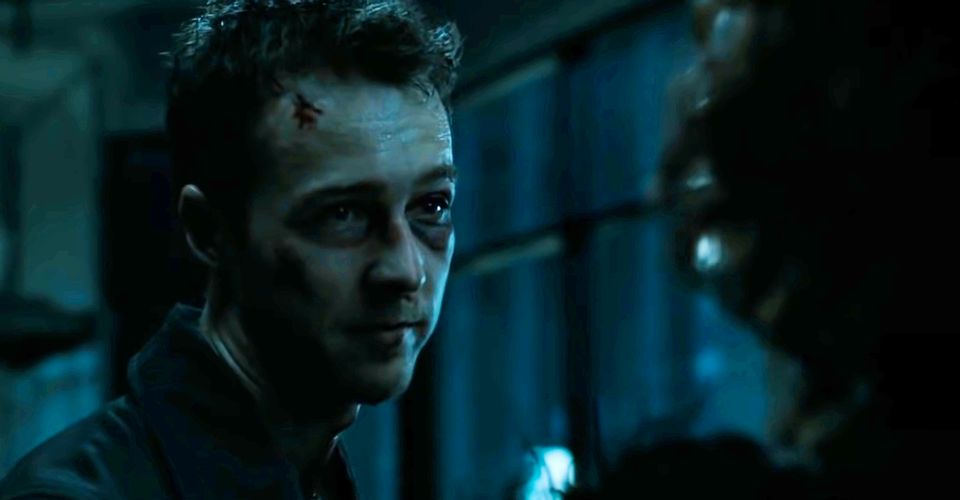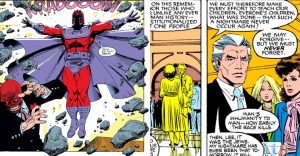Fight Club Original Ending Restored In China After Censorship

The censorship that had been applied to Fight Club for its streaming release in China has been reversed, following a significant backlash. Fight Club, directed by acclaimed psychological thriller filmmaker David Fincher, was released in 1999 to huge acclaim. It was adapted from Chuck Palahniuk’s novel of the same name, with a cast including Edward Norton, Brad Pitt, and Helena Bonham Carter. The film was notable for its exploration of themes including consumerism, masculinity, and rebellion against authority. Both Fincher’s Fight Club and the novel that preceded it had a significant cultural impact and have elicited years of analysis and re-examination.
In early 2022, Fight Club dropped on Chinese streaming service Tencent, but the version that was available was not the original theatrical cut. Instead, the film’s ending had been cut short and replaced with an on-screen message stating that Tyler Durden, the film’s central character, was placed into psychiatric care. In addition, the censored ending saw the film’s anarchist group, Project Mayhem, and its planned bombings thwarted by law enforcement, unlike in the original ending. In changing the film’s conclusion, the censorship altered the plot to show institutions with authority succeeding against anarchist activity, while highlighting the failure of individual rebellions against established power.
Now, as reported by ComicBook.com, Fight Club’s original ending has been restored, and the film will be available to stream almost in its entirety in China. The movie has had 11 out of the 12 minutes of cut footage reinstated, seemingly in response to the online backlash about the decision to censor it in the first place. The on-screen text of the censored ending has also been removed.

The decision to reverse the changes has come as a surprise. Chinese censorship of Western-made films is commonplace, with the many blockbuster films taking into account whether its content will allow it to be released in the financially significant market. In particular, films with anti-authority messaging can struggle to be released in the country unedited, or even at all. In the recent past, for example, neither Joker nor The Dark Knight were released in China. Additionally, films depicting LGBTQ+ romances are likely to suffer from censorship, as are depictions of politically sensitive topics, such as the annexation of Tibet.
Ironically, the censored version brought the movie more in line with the original ending from Palahniuk’s Fight Club novel, despite deviating substantially from Fincher’s intended version of the film. The reversal, however, raises questions around the future of censorship of Chinese releases, which has long influenced decisions made by Western productions. It’s unlikely that China’s censorship standards are becoming more liberal, with the reversal of Fight Club’s censorship simply being a one-off following the unexpected level of press coverage it received.
Source: ComicBook.com
About The Author

















